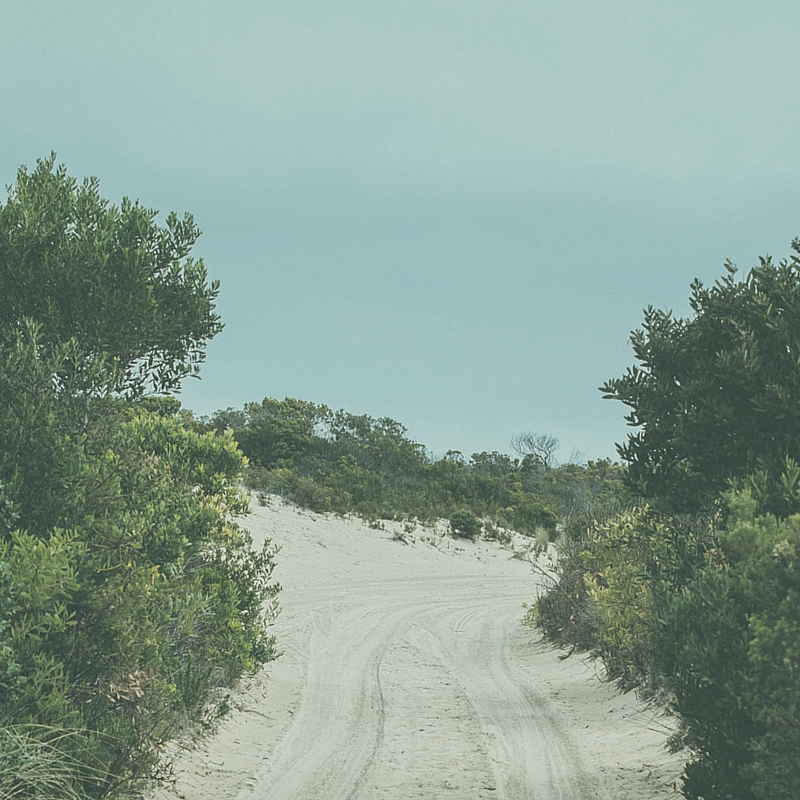
Given that, in a growing area of psychology, the self is a story, and therefore that we can think of our happiness as a kind of story, it seems logical that we ask how we are telling these stories. The truth is, we craft who we are with thoughts and tiny daily actions & interactions. Yet I believe that, most of all:
We craft who we are with the questions we ask. [Tweet it!]
What do I mean by that? I mean that each day we ask things of ourselves and our worlds that direct where we go and what we become (as individuals and as a collective.) Everything from what should I wear, to what am I doing with my life, to why am I so stuck? In psychology, there is a practice called Appreciative Inquiry or AI, and it’s when we ask: what is going really well?
How many times have you, in whatever words, asked yourself to be better? Focussed on what’s going wrong? Asked yourself to be different somehow? To change? And did that help – or has it left you feeling lacking? Left behind? Under-valued?
Although AI is primarily used today in organisations, it was actually originally developed as a tool for use on an individual level. And that’s exactly what this article is for: to ask that you begin to appreciatively inquire into yourself.
Takeaway Truth:
“We live in the world our questions create.” – David Cooperrider
If you answered yes to any of the questions above, you’re not alone. Perhaps it’s time we asked better questions: kinder questions, more beautiful questions, more appreciative questions.
In addition, a great deal of psychological research suggests that we’re usually more successful in endeavours that we approach with intrinsic motivation. When we feel autonomous, we thrive. Therefore, instead of my offering up some go-to questions, why not create your own?
Try it: Create Your Own Questions
I want to help you begin your own appreciative inquiry; to ask the questions that matter, because you make them matter. Questions that get to the heart of what’s already going right in your world – and how to get more of it, rather than questions that sink you into the swampy depths of what’s gone wrong.
Below I’ve given you some structures and some mix & match beginning middle and ends. Have fun with them. Craft as many questions as you like. One. Five. Fifteen. Let your imagination run as wild (or as tamely) as you see fit.
Writing Exercise:
I am _______ [possible fillers: happiest, grateful, fulfilling my potential, at my best, at my most ambitious/hopeful/curious/relaxed/blissed out] when I am _______ [possible fillers: with friends, with animals, outdoors, travelling, writing, creating.] How can I get more of that in my life?
What’s going really well in my_______ [possible fillers: work, love life, friendships, writing, health] that I can _______ [possible fillers: focus on, expand on, replicate elsewhere, be grateful for?]
How can I _______ [possible fillers: create, reach, approach, attain, attract] more of this, in order to move closer to my dream _______ [possible fillers: self, gap year, job, daily schedule, lover] [+ time reference: this week, this month, this year, in the next five years?]
Who or what can help me _______ [possible fillers: uncover, build, change, plan, learn about] that thing I most want to _______ [possible fillers: create, see, visit, achieve, make] in my life [+ time reference: this week, this month, this year, in the next five years?]
These are just a few ideas to get you started, but there are limitless possibilities to the questions we ask in our lives. Try a few of your own from scratch. Zone in on those that feel most poignant. You might want to pick one question – or even a couple of questions – to guide you into the coming year. You might even want to make this a regular part of a writing for happiness practice.
Create beautiful questions & craft a more beautiful story.


